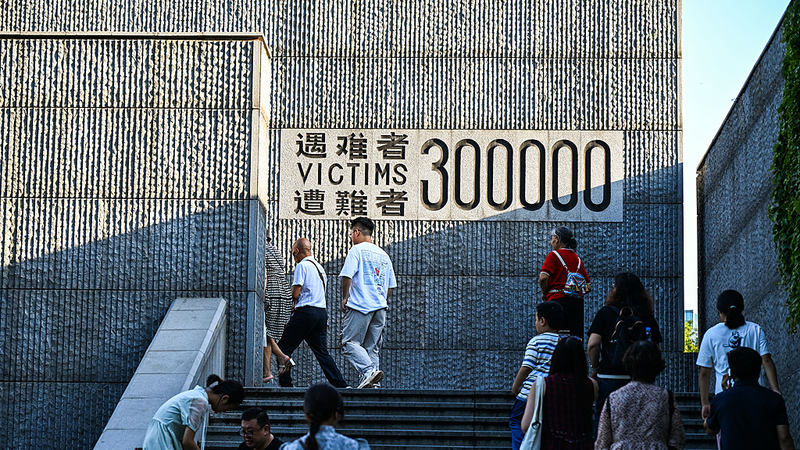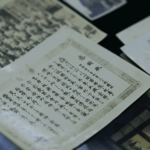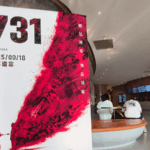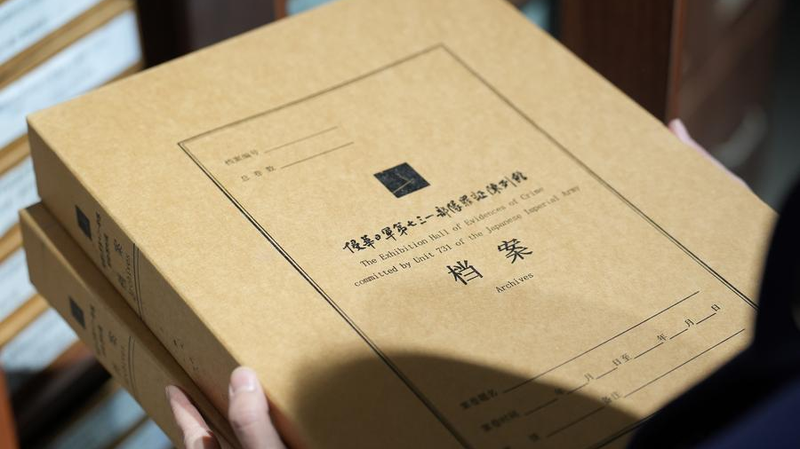As Asia prepares to mark the 80th anniversary of the end of World War II in 2025, unresolved historical narratives continue to shape diplomatic dynamics between China and Japan. The legacy of Japan's wartime actions remains a sensitive thread woven into contemporary discussions about trade, security, and regional cooperation.
Analysts note that while economic ties have flourished – with bilateral trade reaching $357 billion in 2023 – political trust remains fragile. "Historical perception gaps act like underwater currents," explains Dr. Li Wei, a historian at Peking University. "They may not always surface in official dialogues, but they influence the climate of relations."
The issue gained renewed attention during recent cultural exchanges, where collaborative museum exhibits sparked debates about war remembrance. Meanwhile, business leaders emphasize the practical benefits of cooperation, particularly in green technology and aging population solutions – two areas where both nations face pressing challenges.
For the Asian diaspora, particularly in Southeast Asia and North America, the anniversary revives discussions about intergenerational trauma and reconciliation. Community organizations report increased interest in oral history projects documenting wartime experiences across the region.
As tourism rebounds post-pandemic, heritage sites related to WWII history see growing visitor numbers. Travel operators note a 40% year-on-year increase in specialized historical tours along China's eastern coast and Japan's peace memorial locations.
Looking ahead, scholars suggest that youth exchanges and joint research initiatives could help bridge historical divides. As the world navigates new geopolitical challenges, the China-Japan relationship remains a critical axis for understanding Asia's complex path from wartime past to collaborative future.
Reference(s):
80 years on, Japan's wartime denial still shadows China-Japan ties
cgtn.com







